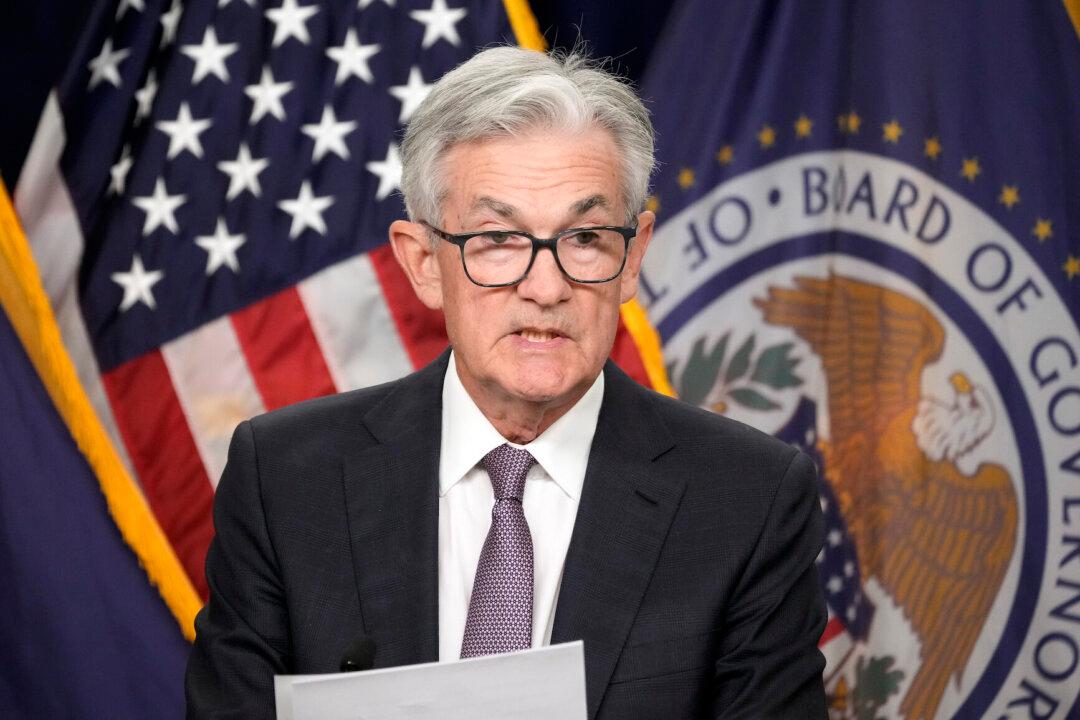The majority of chief financial officers at top companies believe inflation is set to get worse in the United States, with nearly 20 percent stating the country is already in a recession.
The CNBC CFO Council quarterly survey was conducted among 21 chief financial officers at major organizations between Sept. 12 and 27. Members of the council include 44 percent of CFOs from Fortune 500 firms, of which half are from Fortune 100 firms.




